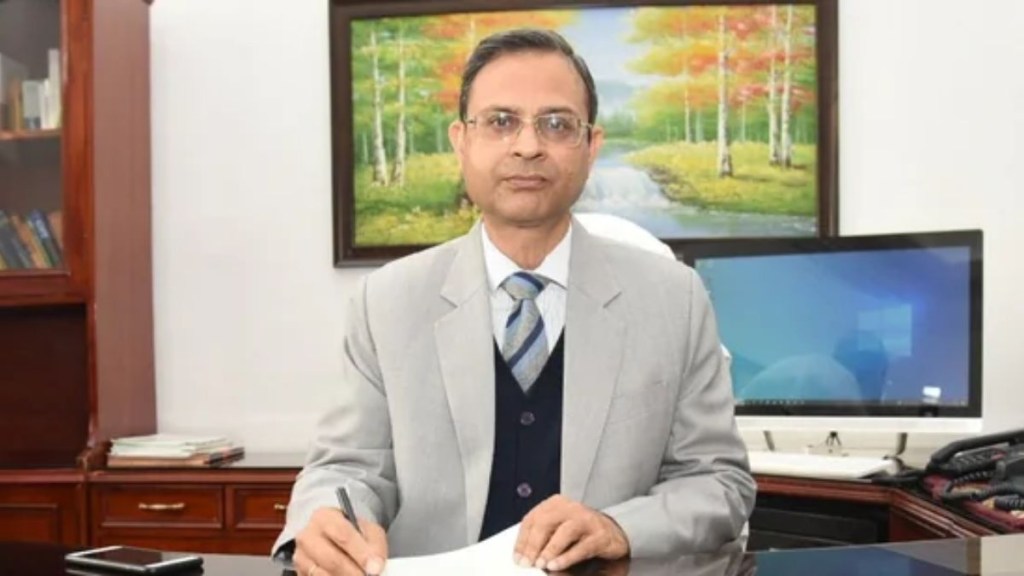The Union government appointed Sanjay Malhotra, the current Revenue Secretary, as the next Governor of the Reserve Bank of India (RBI) on Monday (December 9). Malhotra will take over from Shaktikanta Das, who has led India’s central bank for the past six years, and will serve a three-year term.
This appointment puts an end to weeks of speculation over who would lead monetary policy in the world’s fastest-growing major economy. The new governor assumes office at a challenging time for the central bank, with growing pressure to reduce interest rates as economic growth slowed to a seven-quarter low of 5.4 per cent in the July-September period. Under Shaktikanta Das, the RBI had kept interest rates steady for nearly two years, citing concerns over inflation risks.
Who is Sanjay Malhotra?
Sanjay Malhotra is a 1990-batch Indian Administrative Service (IAS) officer from the Rajasthan cadre. Over the course of his career, he has worked across various sectors, including power, finance, taxation, information technology, and mining.
A graduate in Computer Science Engineering from the Indian Institute of Technology (IIT), Kanpur, Malhotra also holds a Master’s degree in Public Policy from Princeton University.
Malhotra has previously served as the Chairman and Managing Director of the state-owned Rural Electrification Corporation Limited. Prior to his current role as Revenue Secretary, he was Secretary of the Department of Financial Services in the Ministry of Finance.
During his tenure in this position, he played a key role in driving financial reforms and strengthening India’s banking sector. He also served as the ex-officio Secretary to the Goods and Services Tax (GST) Council.
With extensive experience in finance and taxation at both the state and central government levels, Malhotra has been instrumental in shaping policies related to both direct and indirect taxes.
How is RBI Governor appointed?
The Governor of the RBI is appointed by the central government under the provisions of the Reserve Bank of India Act, 1934. The appointment is made by the Appointments Committee of the Cabinet (ACC), which is chaired by the Prime Minister.
The Department of Financial Services (DFS) in the Ministry of Finance shortlists potential candidates for the role based on their qualifications, experience, and suitability. Recommendations are sought from various experts, bureaucrats, and economists. While the RBI Act does not specify detailed eligibility criteria, the government typically looks for individuals with expertise in economics, banking, finance, or public administration.
